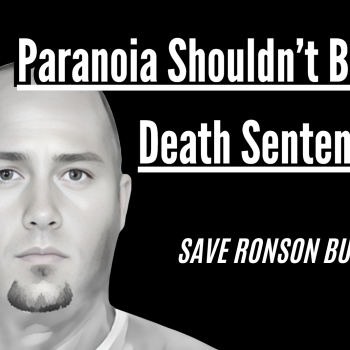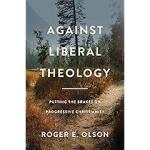As for calling, every aspect of my being is created for one purpose -- and that purpose is kingdom work. The fact that I run really fast has given me opportunites to coach junior track and field teams, and opportunities with basketball to work with Athletes in Action. My Asian background has given me an opportunity to work with Asian churches. Every part of your being, even the smallest thing that seems most insignificant, God finds a way to use it. So with something so important in my life, like this, I feel like I would be doing myself and God a disservice if I were not using it for His glory.
That being said, in general my pieces are not very faith-laced. "I'm Sorry I'm a Christian" is the most explicitly Christian poem I have performed. But God works in many ways. You don't have to say the name Jesus for Jesus to be there.
How do you seek to serve the kingdom through your poetry?
I approach it the same way I approach my faith. My faith is unique. God meets you wherever you are at. You can be a new believer, you can be doubting, you can be an atheist. But God can meet you where you're at. That's the way I approach evangelism: it's about meeting people where they're at. It's not about sharing with people the five pillars of salvation and hoping they'll be saved from hell. It's about meeting them where they're at, loving them, being in relationship with them, and letting the Spirit move.
It's the same way with my poetry. If I can just get some sort of message across, whatever it is, and get the ball rolling, then Christ has said in scripture that if you give him something to work with, he'll work with it.
That's what I'm trying to do with anything and everything -- basketball, poetry, whatever. I'm trying to give God something to work with, and let him work with it.
Why did you choose the title "I'm Sorry I'm a Christian?" And how does it reflect what you're trying to do in the poem?
I chose the title because that's the first line in my poem, and because people will want to know what it's about right away when they read the title. It's a different approach to the faith than they're used to.
All I want to do is get people to think. I say some things in there that can get people thinking. It's not meant to ignite controversy or bash certain people. When I write, I don't research what I write. I write from what I know, and from what I'm feeling. A piece will never take me more than ten to fifteen minutes to write. I don't sit down to write and force it. I sit down to write when I feel something coming out.
This poem was a culmination of the way I was seeing faith and the way I was seeing how Christianity interacts with the world's view of it. So these were my own thoughts. It's not like I went out and was looking to for controversies within the American church that I could bring to the poem. These are simply my own thoughts. It's all about being real. People respond when you are honest. I wanted to be as honest as I could in the poem, and say, "Listen, this is who I am. This is what I believe. But I also realize that you have good reason to doubt what I believe, good reason to have a negative perception of what I believe. I know why. I've seen why. So I want you to know that I acknowledge my faults." Obviously I'm not one of the iron-clad crusaders in the Crusades, but we're called to be one body. If I identify with one Christian, then I should identify with all Christians.
Presumably you have performed this poem in numerous settings. What kind of responses have you gotten?
Very different responses, depending on where it's performed. I did it for the first time, right after I wrote it, in Ottawa. The general reception was cowed. People didn't know how to respond. Ottawa as a city, in terms of the left wing / right wing scale, is still fairly conservative. This is the Canadian capital, and there's some political correctness. So people weren't sure how to respond.
Then I did it in Vancouver -- that's the recording that people have been watching online -- and there it got an overwhelming reception. Vancouver is the San Francisco of Canada. That's where the liberalism is, the pot-smoking, the advocacy for homosexual rights. So at the Van-Slam, you're taking a liberal city, and the most liberal artists are listening to that poem. So you can imagine the kind of reception it got. It was overwhelming. They had never seen Christianity like this before.





